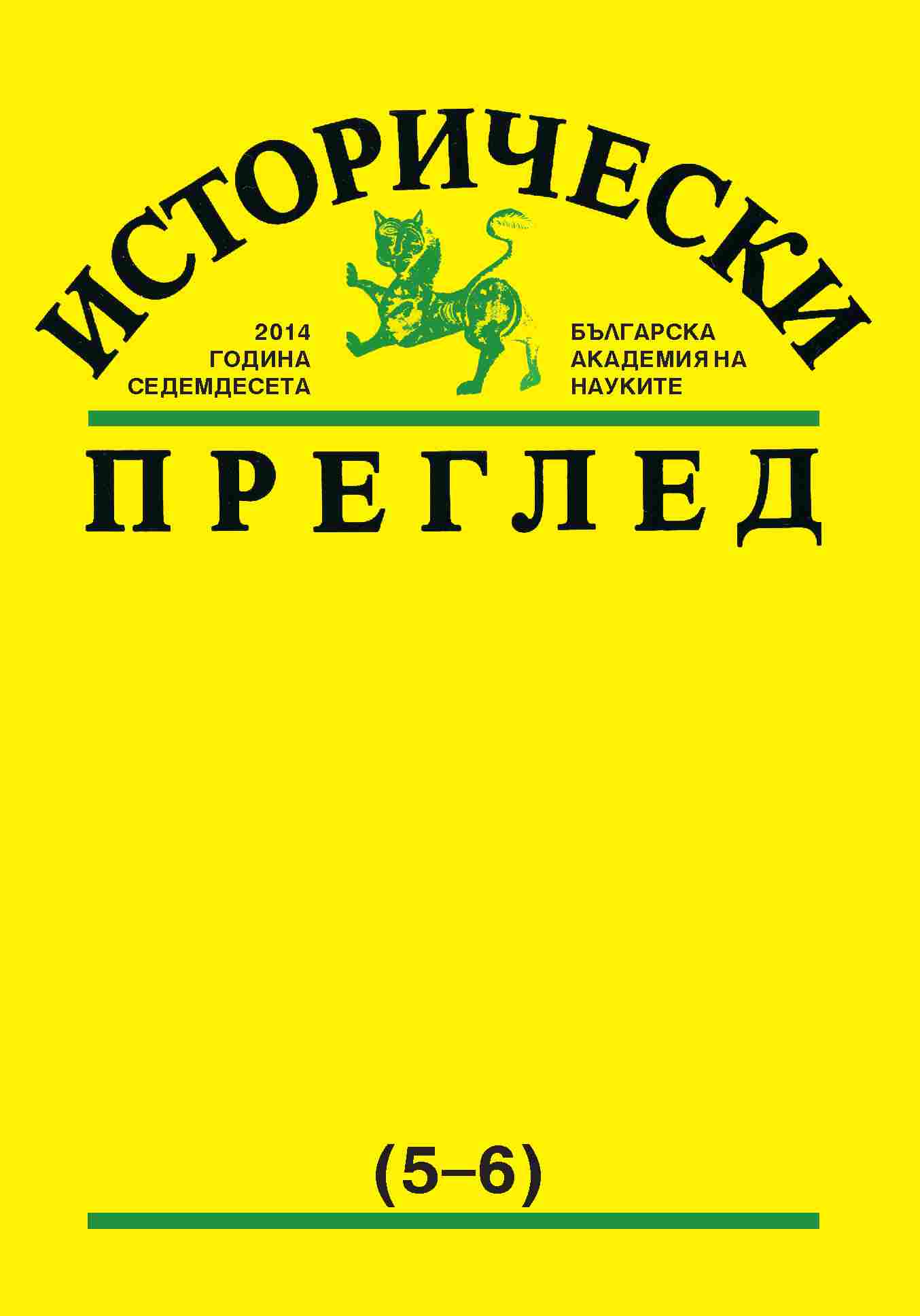Политологични възгледи върху държавния социализъм в Източна Европа
Politological views on state socialism in Eastern Europe
Author(s): Dieter SegertContributor(s): Irina Yakimova (Translator)
Subject(s): Marxist economics, Post-War period (1950 - 1989), History of Communism, Cold-War History
Published by: Институт за исторически изследвания - Българска академия на науките
Keywords: state socialism; eastern europe; economy;
Summary/Abstract: The author examines two main politology interpretations of state socialism: totalitarian dictatorship and catch-up modernization. He reveals their ideological bases and political roots, showing the adequacy and inadequacy of these views in comparison with theoretical work of Karl Marx, the practical development of V. Lenin and the imperial policy of Y. Stalin. According to the author state socialism in Eastern Europe was closest to the concept of “totalitarian dictatorship” in the late 1940s and early 1950s, and to the concept of “catch-up modernization” – in the 1960s and first half of 1970s. The author also examines the driving forces of reform of state socialism in Eastern Europe and the attempts at reforms based on the “Prague Spring” and its destiny. The researcher argues that in order to reform the state socialism, there had to be simultaneous reforms in the economic and political sphere – something that did not happen even during “perestroika”. Only after the 1990 the model “party -state” in Eastern Europe was liquidated.
Journal: Исторически преглед
- Issue Year: 2014
- Issue No: 5-6
- Page Range: 214-231
- Page Count: 18
- Language: Bulgarian
- Content File-PDF

